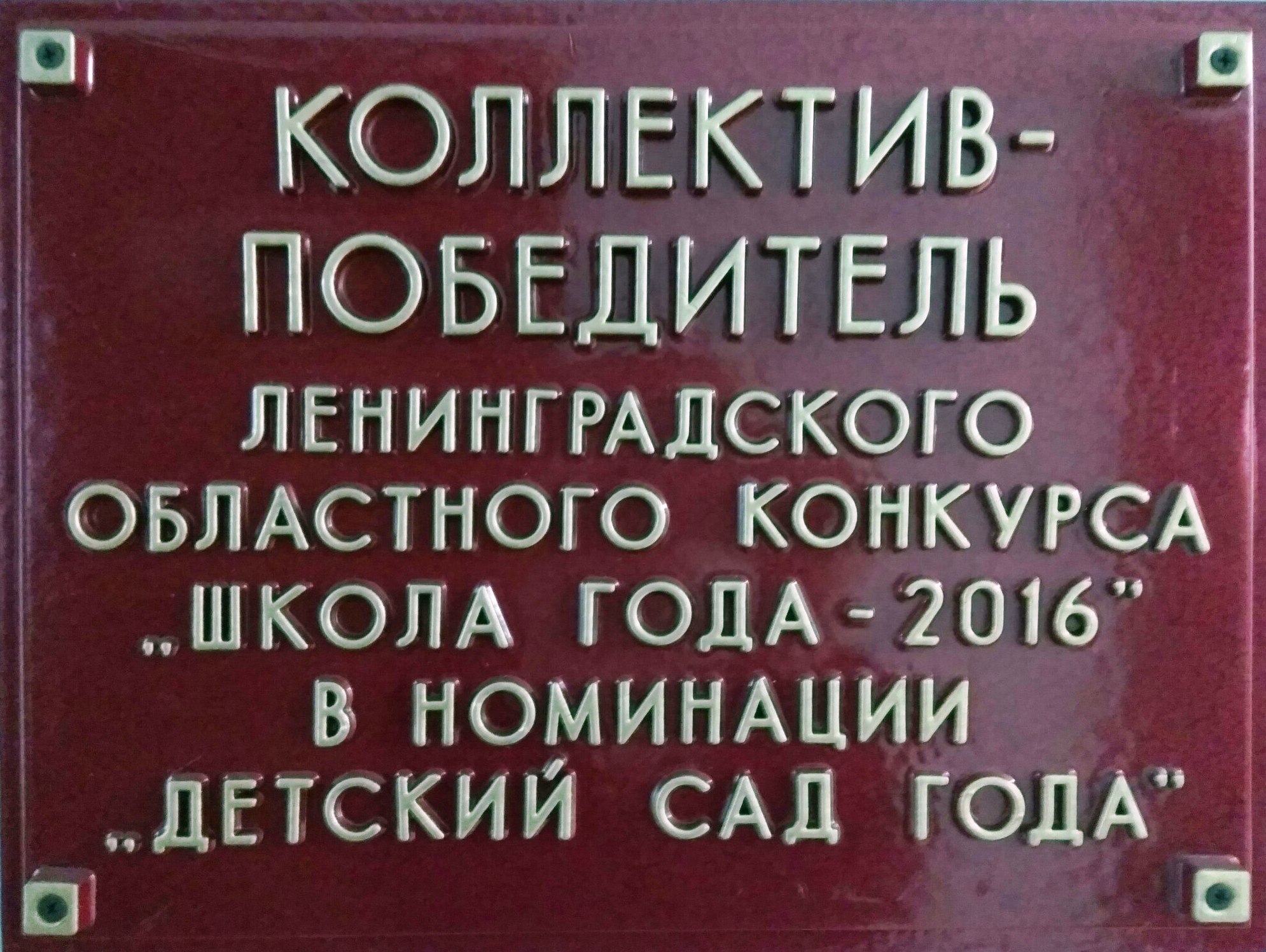The actuality in Russia is that many ladies won’t ever find a associate and this solely contributes to Russia’s demographic disaster. Currently, the inhabitants of Russia is shrinking at an alarming price and the federal government is doing many issues in an attempt to make things higher. With that, let’s check out 7 cultural differences that you will discover in Russian girls. Anyone who has been to Russia will have seen that the nation has many cultural variations from the West. The less you view Russia and Russian women by way of a Western lens, the higher probability you will have to see reality and the less struggles you’ll experience. If you have been to Russia, there positively is a few truth to some of the stereotypes about Russian ladies.
Training For Girls
Comments like these by Belinskii may serve to maintain artistic women in their place , or endow the lady who dared to transgress gender boundaries with the vitality of resistance and narratives of punishment . Julie Cassiday notes the success of Vera Komissarzhevskaia, whose profession advised that she was mixing art and life by enjoying wounded, sexually fallen girls in transgressive roles (p. 182). At the same time, the nineteenth century witnessed the event of scholars’ and bibliographers’ curiosity precisely in girls as writers, autobiographers, and creators. By the early twentieth century ladies had emerged as important creators or actors and canny manipulators of the emerging popular culture of the Russian empire. In essence, Russia’s shift towards authoritarianism has been a “gender regime change,” establishing a new gender order throughout the constitutive constructions of society, together with demographics, revenue, education, as well as political, economic, and social relations. Whilst the role of women in society, has continuously changed throughout Russia’s history, according to the political diction of the occasions, the notion of male gender roles has not been remodeled, however quite elevated to a fair higher standing than before. It is however essential to place these developments into context.
Putinism has strengthened the patriarchal buildings of the country, through gender normative policies celebrating manhood and denigrating ladies as mere childbearers, mothers and housewives. Thus, Putin’s regime has been built upon and fostered by a gendered understanding of society that essentially represses women’s rights and disdains feminism. It is not any marvel that some creative ladies in Russia most popular to publish music solely under their initials, or to put in writing novels and stories beneath pseudonyms.
This is a powerful quote about language studying and understanding. Unfortunately, only these individuals who communicate two or more languages will actually perceive what this implies. It does articulate the fact that understanding and speaking a language don’t necessarily equate to cultural understanding. One factor that many men who visit Russia discover is how warm and welcoming Russian women are towards men. When one seems into the numbers, it is immediately evident why.
The October Revolution in 1917 vastly elevated the membership of this motion and girls had been granted the best to vote in the identical 12 months. In reality, Russia was the first major world power to do that, though the consequences thereof were limited, on condition that it had become a one-party state. Philip Ross Bullock’s chapter, ’Women and Music’, broaches a subject that students have barely begun to study, as he himself factors out. As within the visual arts, nineteenth-century women’s entry to music was decided largely by class, with people songs analogous to handicrafts in their handmaid relationship to the fine arts and lack of authorial attribution. Bullock briefly outlines what is thought about ladies’s participation in music earlier than 1800, then traces the institutional history forward till the twentieth century.
Stereotypes are primarily based on actuality, but usually, the stereotypes are drastically exaggerated to the point that they aren’t even accurate. That being stated, we at Expatriant consider that the problems encountered with Russian ladies and the unfavorable stereotypes are literally primarily based on cultural variations.
Russian Girls Images
Nonetheless, in feudal Russia, only a really small share of girls – only aristocratic women – had been privileged enough to benefit from these early feminisms; and even in aristocratic circles, the role of girls in pre-revolutionary Russia remained extremely restricted. In the early 20th century, Russian feminism started to reach the working lessons and the peasants, resulting in the creation of socialist all-women unions for female factory workers, who felt their trigger had been neglected by male socialists. From , the League for Women’s Equal Rights was Russia’s most influential feminist organisation, calling for women’s training and social welfare, in addition to equal rights, similar to suffrage, inheritance, and passport restrictions.
Russian Relationship Sacramento
In essence, innate gender differences between men and women have all the time been an underlying assumption of Russian society. Despite early notions of feminism in 18th-early 20th century Russia, and the proclaimed equality of woman and man for the reason that Soviet Union, girls have never successfully enjoyed the same rights as their male counterparts. Nevertheless, Soviet girls had been offered entry to training and jobs, albeit rarely in management circles. The fall of the USSR, is often related to the objectification of Russian women, though it also opened opportunities for women’s movements and feminist groups, which had been prohibited beneath communism. Sadly, few of the ladies’s teams formed in the early Nineteen Nineties have been very successful. Instead of moving in direction of liberal democracy, Russia has as soon as once more turned to authoritarianism, but, this time combined with rampant consumerism. The new Russia was roughly divided amongst a group of old cronies, who subsequently became multi-millionaires, forming a new oligarch class.
Eighteenth-century empresses played a major position within the introduction of Western music to Russia, particularly opera; not like artists and writers, however, aspiring feminine musicians and particularly composers had no Western European role fashions. Nevertheless, Bullock cites evidence of Russian ladies composing music as early as the tip of the eighteenth century. Even after emancipation ended serfdom, the Russian peasantry continued to exist in public discourse almost as a fantasy property of the educated classes, a repository of traditional tradition that ethnographers feared would be misplaced involved with modernity.
Worobec notes that one and the identical supply might decry the backwardness of the peasants, especially the women, and then complain that they had been acquiring ’corrupt’ modern habits. She thoughtfully describes how collectors’ attitudes in the direction of ’authenticity’ and the role of official and people Orthodoxy impacted what was recorded from or about Russian peasant women within the nineteenth and early twentieth centuries. The article factors to the many cultural and economic connections between urban and rural Russia.
In drawing upon tutorial literature, this paper makes an attempt to discover critically the situation of girls in Russia. It argues that womanhood and feminism are social constructs, which have been primarily decided by Russia’s elites and patriarchs all through the nation’s history. Therefore, these phrases have to be explained within the context of the Russian expertise of emancipation.
After richly establishing this context, Worobec examines a bunch of letters written by three Russian peasant women within the nineteenth century. Orthodox language and practices are central of their communication, and in the lives their letters describe. The particulars remind us that many Orthodox practices required cash and so have been carefully sure to the financial life of the family and of the country. Worobec’s careful studying of these http://inside.idonethis.com/belarusian-mail-order-brides/ sources demonstrates that non secular practice was largely a relentless for Russian girls throughout class boundaries. For some Russian ladies before the Revolution, the role of a non secular pilgrim may be an unexpected different to other versions of a feminine life. The significance of Pussy Riot deserves some further elaboration.
To this end, the paper begins with an historic survey of the notions of Russian womanhood and feminism from the 18th century to the late Soviet era. The following part focuses on the tumultuous transition interval and transient second of sexual revolution and liberation in the 1990s, when discourse about sex, sexuality and gender was opened. Throughout historical past, the function of women in society has repeatedly varied based on political circumstances and discourse, for the purpose of serving the interests of those in energy. Contemporary Russia is hardly an exception to this basic tendency. Putin’s paternalistic leadership celebrates ideas similar to virility, strength and energy. The Russian President has enjoyed great reputation by way of the successful marketing of his intercourse attraction, in addition to the newer picture as a caring father of the Russian nation. At the identical time, recent Russian political narratives have increasingly depicted the position of ladies as belonging to the domestic sphere, especially within the context of the very low start rates of the final two decades.
The 5 girls wearing brightly coloured outfits and balaclavas masking their faces, challenged the Virgin Mary to “turn into a feminist, turn into a feminist, become a feminist” and dismount Putin from energy. On August 17 of the same year, three of the 5 members of Pussy Riot were convicted of “hooliganism motivated by non secular hatred,” receiving a two-yr sentence in a Russian penal colony. In fact, their acts were denounced as a “mortal sin” and a “warfare on Orthodox people” by the Church. As one observer notes, their efficiency was probably not “essentially the most tactful way to appeal to a broad spectrum of supporters to the opposition’s views.” Nonetheless, it should have taken lots of courage for the young ladies to do what they did. The members of Pussy Riot, who also participated within the December 2011 pre-election protests, are, in reality, well-learn in feminist literature and have been influenced by outstanding feminist theorists similar to Judith Butler. However, the type of deviance constructed by the West was quite one of Russia as the authoritarian and repressive “Other,” very a lot recalling a Cold War narrative, in which the West stands for freedom and democracy.
Russia has remained an innately patriarchal society and the transition interval brought with it the objectification of women; however, it also replaced an economy that essentially disregarded many of ladies’s aspirations and desires. Thus, for example, liberalisation made out there many household and physique care items that may save ladies lots of home labour and provides them somewhat self-indulgence. Many ladies additionally brazenly embraced their new market power and turned to matchmaking and surrogate agencies seeking a greater life. Nevertheless, the current state of women’s rights and opportunities in Russia remains unacceptable. As one observer states, “eminism and women’s actions in Russia have been conditioned by the historically specific circumstances which influenced Russian society in each sphere.” Indeed, the concept of womanhood in Russia has evolved significantly over time. Some aristocratic women even rose to very highly effective positions, most notably of all, Catherine the Great. Others entered the sphere of literature and became authors and poets.









